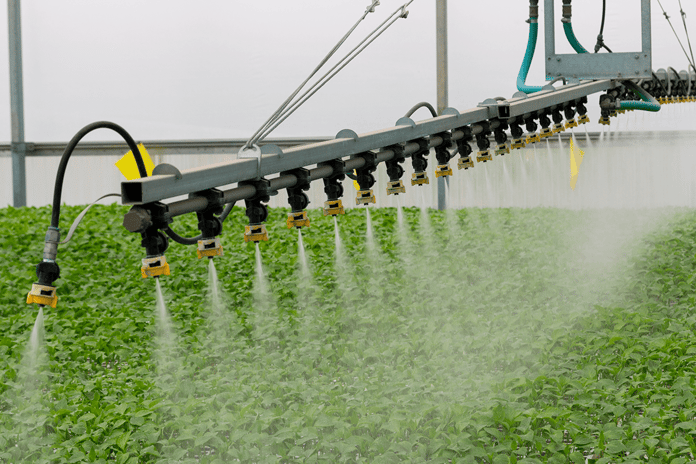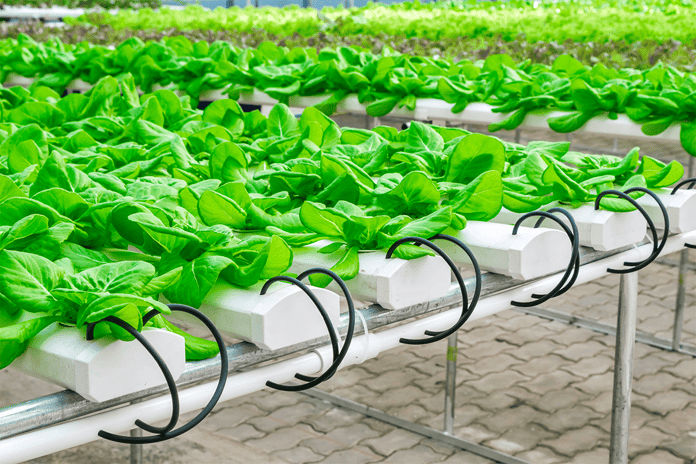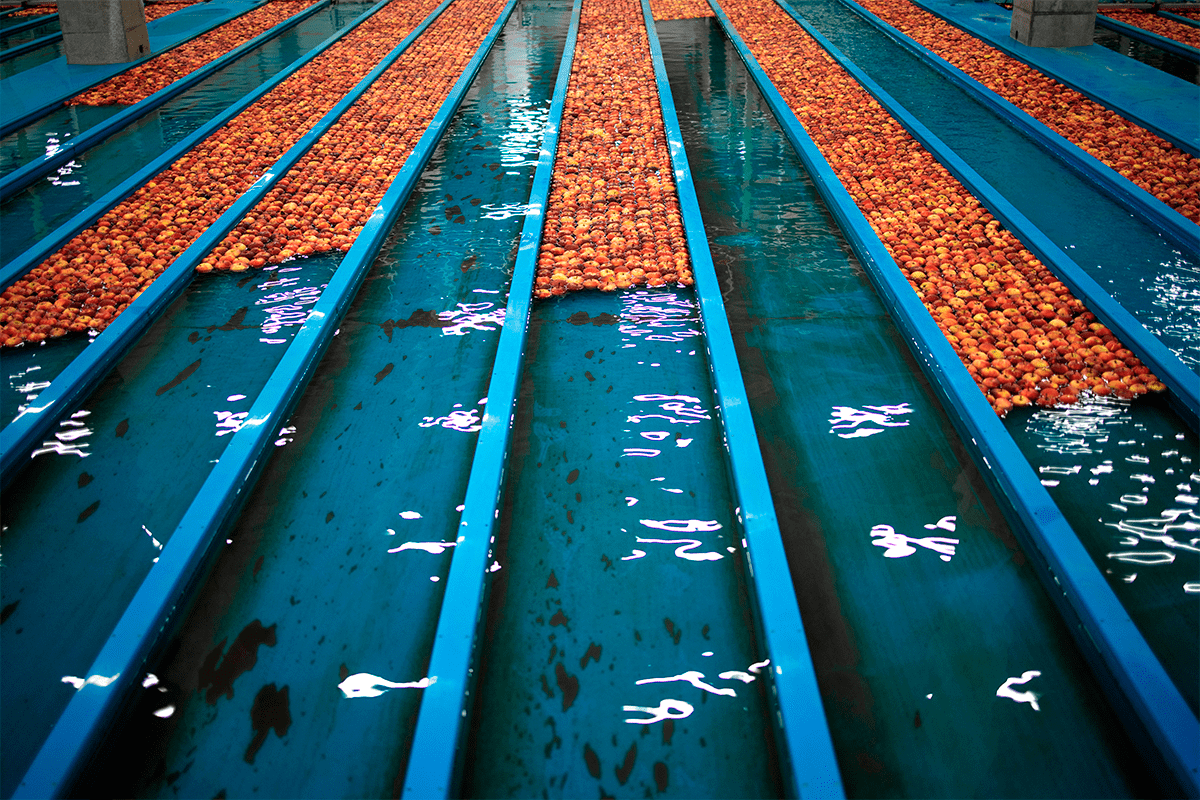Water is a vital resource essential for the survival of all living beings, as well as the smooth operation of businesses. As the world faces increasing water scarcity and environmental challenges, it becomes crucial for businesses to adopt sustainable practices and conserve water. Not only does water conservation help protect the environment, but it also offers significant cost savings and improves a business’ reputation. In this article, we will explore 10 simple yet effective ways businesses can save water and contribute to a sustainable future.

1. Conduct a water audit
Before embarking on any water-saving initiatives, businesses need to conduct a water audit. This involves assessing the current water consumption patterns and identifying areas with the highest water usage. By understanding where water is used most, businesses can prioritise their efforts and set realistic water-saving goals. Moreover, conducting regular audits helps to track progress and identify opportunities for further optimisation.
Read more: Trees are nature's water managers: the importance of trees in water conservation
2. Fix leaks and dripping taps
Did you know that a single dripping tap can waste hundreds of litres of water every month? Leaks, whether in taps, pipes, or irrigation systems, are a major source of water waste. Businesses should prioritise identifying and fixing leaks promptly and performing regular maintenance checks to detect and repair any potential leaks. Utilising technology such as leak detection sensors can provide real-time monitoring and help prevent water loss.
3. Install water-efficient fixtures
Traditional fixtures often consume more water than necessary. By installing water-efficient fixtures, businesses can significantly reduce water consumption without compromising functionality. Low-flow taps and aerators can limit water flow without affecting user experience. Upgrading to efficient dishwashers and laundry equipment can also lead to substantial water savings over time.
 A fully automated watering system being used at a greenhouse.
A fully automated watering system being used at a greenhouse.
4. Optimise landscaping practices
Maintaining green spaces around business premises is important, but it doesn't have to come at the cost of excessive water usage. By adopting water-smart landscaping practices, businesses can achieve a balance between aesthetics and conservation. One effective approach is to use native plants that are well-adapted to the local climate, requiring less water to thrive. Implementing efficient irrigation systems such as drip irrigation or smart controllers can ensure that water is delivered precisely where and when it’s needed. Regular maintenance of the landscaping system is also crucial to avoid leaks or inefficiencies.
Read more: 10 Agricultural techniques for water conservation
5. Educate employees
Creating awareness and educating employees about water conservation is vital for the success of any water-saving initiative. By organising training sessions or awareness campaigns, businesses can ensure that employees understand the importance of saving water and are equipped with the knowledge to implement water-saving practices. Encouraging employees to report water-related issues promptly can also contribute to the early detection and resolution of problems.
6. Utilise recycled water
Considering the availability of recycled water sources is an excellent way for businesses to reduce their reliance on freshwater supplies. Recycled water, or grey water, treated to meet specific standards, can be used for various non-potable purposes such as landscaping, toilet flushing, or industrial processes. By investigating the feasibility of using recycled water and implementing appropriate infrastructure, businesses can contribute to water conservation efforts while maintaining their operations.
 A hydroponic installation is a good example of how to recycle and save water.
A hydroponic installation is a good example of how to recycle and save water.
7. Monitor water usage
‘Measure what you manage’ holds true for water conservation as well. Implementing water metering systems allows businesses to monitor their water usage accurately. By tracking and analysing consumption data, companies can identify trends, peak usage periods, and areas of concern. This information enables them to make informed decisions and implement targeted water-saving measures where they can have the most significant impact.
8. Implement water-saving policies
Integrating water-saving practices into company policies ensures that water conservation becomes a fundamental aspect of business operations. By setting targets and incentives for water conservation, businesses can motivate employees to actively participate in saving water. Companies can encourage their employees to contribute innovative ideas and reward them for their contributions. Engaging employees in the process helps create a culture of sustainability within the organisation.
Read more: Water conservation: protecting nature's liquid gold
9. Collaborate with partners and suppliers
Water conservation is not limited to a single business or industry; it requires collective efforts. By collaborating with like-minded partners and suppliers, businesses can promote water-conscious practices throughout the supply chain. Encouraging suppliers to adopt sustainable water practices and choosing partners who prioritise water conservation can have a significant positive impact. Sharing success stories and fostering collaboration within the industry can further inspire others to take action.
 Apples being washed at a factory pool using recycled water.
Apples being washed at a factory pool using recycled water.
10. Embrace water-saving technologies
Innovation plays a crucial role in water conservation. Businesses can explore and adopt advanced technologies that contribute to water efficiency. For instance, sensor-based irrigation systems can adjust watering schedules based on real-time weather data and soil moisture levels, optimising water usage. Smart water metres provide detailed insights into consumption patterns and help identify areas for improvement. By embracing these technologies, businesses can stay at the forefront of water conservation efforts and drive sustainable change.
Protecting our environment with every step we take
Incorporating water-saving practices into business operations is not only environmentally responsible but also financially beneficial. By implementing the 10 simple ways outlined in this article, businesses can save significant amounts of water, reduce costs, and contribute to a sustainable future. The collective impact of these efforts can make a substantial difference in water conservation and set an example for others to follow. Let's join hands in protecting this invaluable resource.
DGB Group is deeply committed to nature conservation and understands the critical role of water conservation in building a sustainable future. We believe that every action counts. By adopting the 10 simple water-saving methods for businesses discussed in this article, businesses can contribute to a positive change in water conservation efforts.
Measure your environmental impact
At DGB, we go beyond water conservation. We specialise in developing high-quality carbon credits, enabling companies to achieve net-zero carbon footprints. Our projects promote sustainable land and water use, reforestation, and nature-based solutions that reduce carbon emissions, restore ecosystems, and ensure a healthier and more sustainable future.
Together, we can make a significant impact on water conservation and create a brighter future. Join DGB in our commitment to sustainable practices and contribute to a world where water resources are protected for generations to come.
Contact our experts to take action




